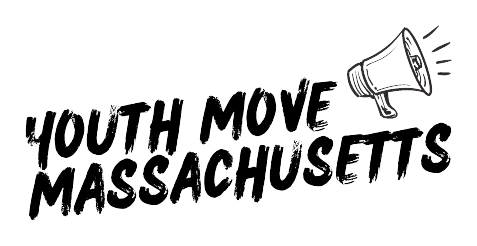I went to a therapeutic high school. I was surrounded with people identifying as having a mental illness. There were others who heard voices. There were students on the Asperger’s spectrum. There were bipolar kids, depressed kids, and kids with all kinds of other mental illnesses. We didn’t really talk about them. We all knew everyone’s name. We all knew at least something about everyone. We were all sort of friends.
The most important thing about a therapeutic high school is the milieu. Once a day we had group, which is a class in which you get together with eight other students and a clinician and talk about issues in the community. We also had access to a clinician any time necessary. I was in with mine once or twice a day, and always found myself in the nurse’s office with a headache. I was okay with missing school, even several days in a row. I cared about class and getting all my work done, but I was fine with being in the nurse’s office or my clinician’s.
I knew college was going to be different. I couldn’t have fathomed, however, just how different. My first college experience was going on campus at the local community college and talking to the disability department. I hadn’t promised that I would go to this school, but they wanted me to make an accommodations list anyway, because my IEP (Individualized Education Plan) would not follow me into college. They asked me to come into a conference room to talk about the different accommodations they could grant. Okay. I can do this. “Come on, Dad!”
“We just want you. You’re eighteen and soon to be a college student. An adult.” Wait. An adult? This was my second time being an adult, not counting all the forms I had to sign telling my supports that they could legally talk to my parents once I turned eighteen. The other time was when I got sent to the adult ward of the hospital at age sixteen. I wasn’t ready to be an adult at that point. Was I now?
My IEP said that I would be in a therapeutic school, have excused absences due to hospitalizations and appointments, have contact with a clinician as needed, and have extra time to complete assignments. These aren’t things that colleges offer. Wait… what? How will I get through the day without a clinician? What if I need to be in the hospital? What if? How?
I decided not to go to that college. My next stop was at the local state university. I loved the atmosphere. I talked to disability there. They also didn’t have the milieu of my therapeutic school, but they were nice. They told me I could ask my professor to sit in the front row. I could take my tests in a different place. If it was okay with my professor, I could listen to music while taking an exam. Also, they would help me figure out which classes to take, with the right professor and the right level for me.
So, I don’t have excused absences. I’ve been in college for two years, and only missed three days due to illnesses. I haven’t had to go to the hospital. I can’t leave class for a clinician. I still can go to disability or the counseling office between classes, and that’s enough for me. I don’t have extra time on projects. I usually finish my homework and term projects far before the rest of my classmates.
Through identifying with disability I have empowered myself to live my life as a college student. If I can do it, anyone can. I suggest that students from therapeutic schools identify with the disability department on their campus, and with their help and support realize that you can excel.
Patricia Larsted lives with her family and dog in central Massachusetts. She is now in college and still writing.


Thank you so much for sharing about your experiences Patricia! Congratulations on your success at college. Keep on writing 🙂
I wish I had known about therapeutic high schools! Thanks for sharing and keep up the good work
I like that you mentioned that therapeutic schools often give enough time for students to talk about issues that may be bothering them. I’d like to send my son to one someday because he was recently diagnosed with a learning disability. It will take some adjustments to ensure that he gets to instill the lessons in class without much problems.